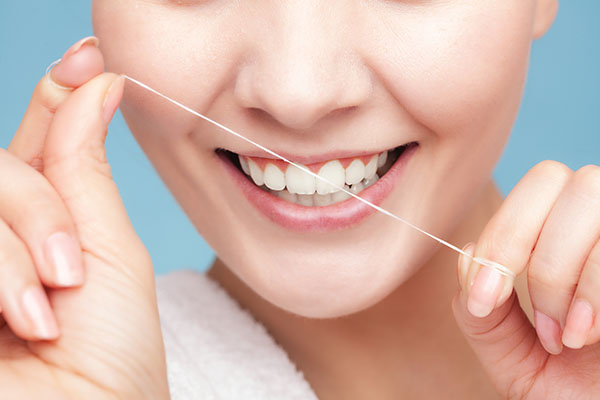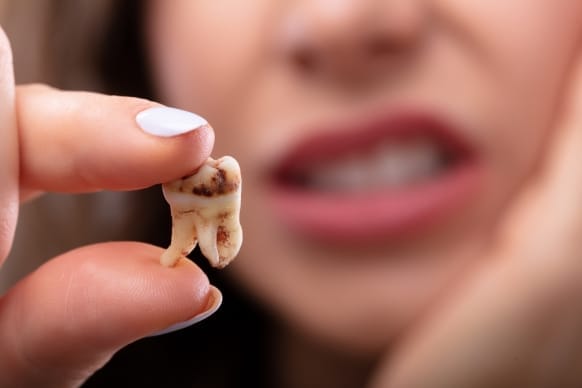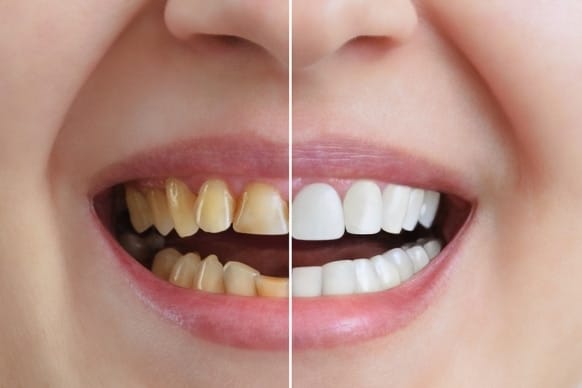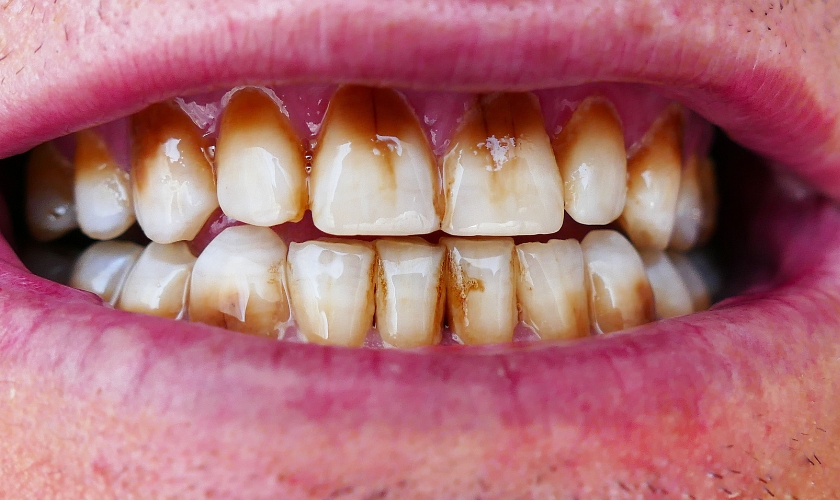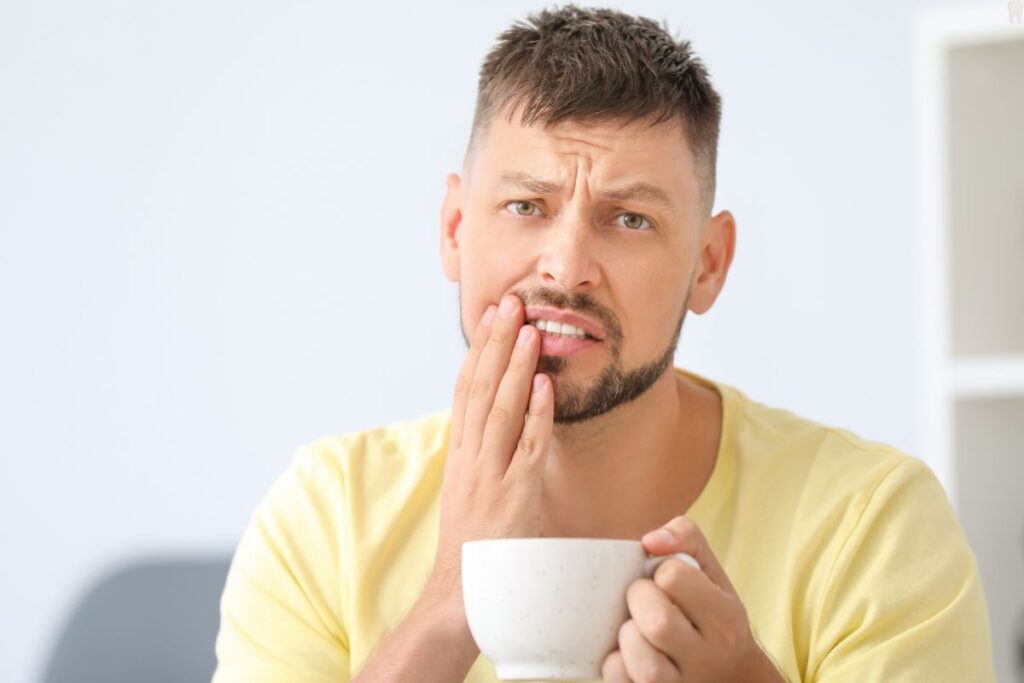
Despite an irresponsible news story published a few years ago that planted seeds of doubt in the public consciousness, a reputable
dentist in Buford still strongly recommends daily flossing as an essential part of preserving and maintaining oral health. The process of chewing forces food particles into the spaces in between teeth. Brushing is effective at cleaning off the outer surfaces of the teeth but cannot penetrate the spaces in between. Only flossing can get into those spaces to remove those particles, which makes it as important, if not more so, to dental care as brushing.
What can happen when patients do not floss?
Not flossing can contribute to multiple problems in the mouth, such as bad breath, cavities and periodontal disease.
Bad breath
Food particles that remain trapped between teeth attract bacteria. The food particles feed the bacteria, which then give off byproducts with an unpleasant odor. This is one of the most common causes of bad breath.
Cavities
The bacteria that feed on the leftover food particles and produce bad breath can also release an acid. When not removed by brushing and flossing, the acid can cause cavities by eating away at the outer surface of the teeth.
Gum disease
The bacteria that gathers in the mouth to feed on leftover food particles between the teeth can also cause periodontal infections. The term “periodontal” refers to the soft structures that surround and hold the teeth in place, particularly the gums. Periodontal infection can cause the following problems:
- Gingivitis
- Gum recession
- Tooth loss
Not only that, but the bacteria that cause periodontal infection can also spread to other parts of the body and cause other major problems. Though more research is needed, there may be a connection between gum disease and Alzheimer’s, stomach cancer, diabetes and heart disease.
How does a dentist in Buford recommend flossing?
Flossing is important, but it is also necessary to floss the right way to get the full effect and avoid difficulties. Here are a few helpful hints from established dental professionals:
1. Do not use unusual objects
Flossing should only be performed with dental floss or other tools expressly designed for the purpose, such as dental picks. Some people “floss” their teeth with whatever they may have handy, such as cutlery, fingernails or folded paper. This is unhygienic and could bring the risk of injury or disease. It is not worth the risk.
2. Consider different types of floss
Even when only considering tools specifically developed for the purpose of flossing, there are many options available. Which works best will depend on individual patient preference, but patients who wish to avoid the cutting and bleeding that can result from fine floss may consider wider types of floss such as tape or ribbon varieties. These types also tend to feel more comfortable in a person’s hand and clean better due to the wider surface area.
3. Floss at least daily
In a perfect world, flossing would take place after every meal, but the minimum recommendation is at least once per day. How often a patient flosses is more important that when. In other words, it makes no difference whether a patient flosses in the morning or at night, before or after brushing.
Conclusion
When a
dentist in Buford recommends flossing, take it seriously. The
dentist is backed up by the American Dental Association and evidence-based dentistry that demonstrates fewer oral problems in patients who floss.
Request an appointment here: https://buforddentist.com or call North Atlanta Center for Cosmetic & Implant Dentistry at (770) 932-1115 for an appointment in our Buford office.Check out what others are saying about our services on Yelp: Read our Yelp reviews.

